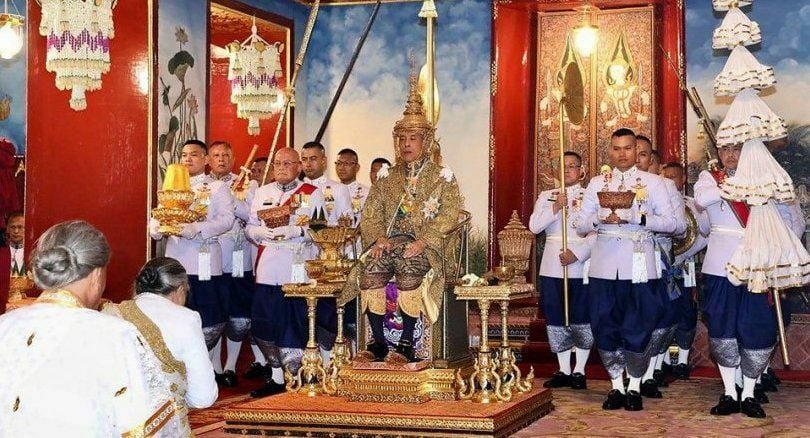Upcoming public holidays and impact on immigration office hours

Thailand is gearing up for three upcoming public holidays that will temporarily shut down government offices, including immigration departments. The first of these holidays, Coronation Day, falls on Thursday, May 4, and will be followed by a “bridge” continuation day on Friday, May 5. The Thai government announced these additional holidays last year as a means to boost domestic tourism as the country started recovering from the impact of the Covid-19 pandemic.
Following the May 4 and May 5 closures, immigration offices across the country will resume operations on Monday, May 8, opening their doors at 8.30am. Later in the month, another public holiday will occur on Wednesday, May 17, which marks the Royal Ploughing Ceremony. Consequently, immigration offices will remain closed on this day as well.
These multiple public holidays provide ample opportunities for locals and residents alike to enjoy extended weekends within the nation. These breaks are intended to stimulate domestic tourism, thereby assisting Thailand’s economy as it rebounds from the detrimental effects of the health crisis.
It’s worth noting that during these closures, those in need of immigration services, such as passport renewals or visa extensions, should plan accordingly to avoid unnecessary inconveniences. This includes completing any essential transactions before the public holidays or waiting until the immigration offices reopen following these breaks.
In the meantime, Thailand’s tourism sector is gradually rebuilding, and the government’s strategy of implementing more public holidays to promote domestic travel appears to be a step in the right direction. By encouraging residents to explore their own country, it not only generates revenue but also creates a sense of unity and appreciation for Thailand’s diverse landscape and culture.
As the world continues to recover from the aftermath of the Covid pandemic, domestic tourism has become a vital lifeline for many countries that previously relied on international visitors. The renewed focus on local attractions and experiences highlights the significance of supporting one’s own nation during times of crisis.
In the long run, these measures to stimulate domestic tourism may yield a stronger and more self-sufficient economy, and Thailand’s initiative to use public holidays as an incentive can serve as a model for other countries looking to revitalize their own struggling tourism industries in the post-Covid era.
Latest Thailand News
Follow The Thaiger on Google News:


























